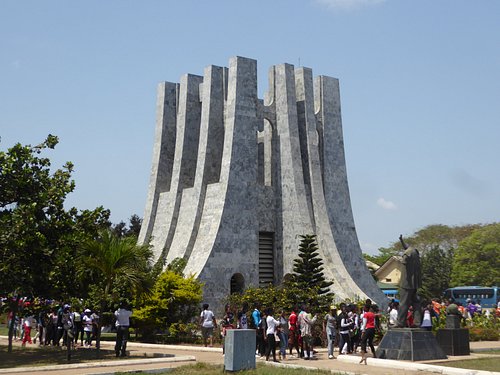By Wisdom JONNY-NUEKPE
Ghana’s tourism sector has experienced a growth trajectory with last year marking a year of record-breaking performance as the sector’s progress returned to pre-pandemic levels.
The latest Ghana Tourism Report, released by the Ghana Tourism Authority, under the theme ‘Growth and Stability’, reveals that the country welcomed 1.288 million international visitors in 2024, representing a 12 percent increase from the previous year. These arrivals generated a staggering US$4.8 billion in revenue into the tourism economy, the highest in the country’s tourism history.
This impressive growth, according to the GTA, was fuelled largely by strong performances from Ghana’s top source markets — the United States, Nigeria, and the United Kingdom. Notably, Nigeria alone recorded a 25 percent rise in visitors, a clear indication of Ghana’s strengthened appeal within West Africa and the broader diaspora.
From vibrant city life in Accra to the spiritual reconnection offered by historic towns like Cape Coast and Elmina, tourists continue to be drawn by Ghana’s unique mix of culture, heritage, and hospitality.
In 2023, the country recorded 1.1 million international tourist arrivals, exceeding the 2019 pre-pandemic levels by two percent, as domestic tourism experienced a substantial increase of 48.9 percent with 1.4 million domestic tourist visits. That same year, tourism receipts also saw a rise, increasing from US$2.5 billion in 2022 to US$3 billion in 2023. Just like the 2024 report, the United States, Nigeria, and the UK continue to be the leading source markets for tourists visiting Ghana as it was in 2023.
Speaking at the report’s launch, CEO of the Ghana Tourism Authority, Maame Efua Houadjeto, praised the sector’s resilience and future promise. “Tourism continues to serve as a powerful tool for economic transformation, social cohesion, and national branding,” she said. “Thanks to targeted marketing campaigns, strategic partnerships, and our ‘See Ghana, Eat Ghana, Wear Ghana, Feel Ghana’ initiative, we have reaffirmed Ghana’s place as the Gateway to Africa.”
She also spotlighted key achievements such as greater public-private collaboration, stronger training and certification systems, and a heightened commitment to sustainable tourism that uplifts communities and preserves Ghana’s cultural and natural assets. “Our goal is not only to attract visitors but to ensure that tourism development benefits local communities and preserves our heritage for generations,” she added.
Madam Houadjeto further urged all stakeholders — from government to civil society — to rally behind a collective vision for Ghana’s tourism future. She pointed to the need for improved infrastructure, expanded digital tools, and market diversification to maintain the growth momentum.










